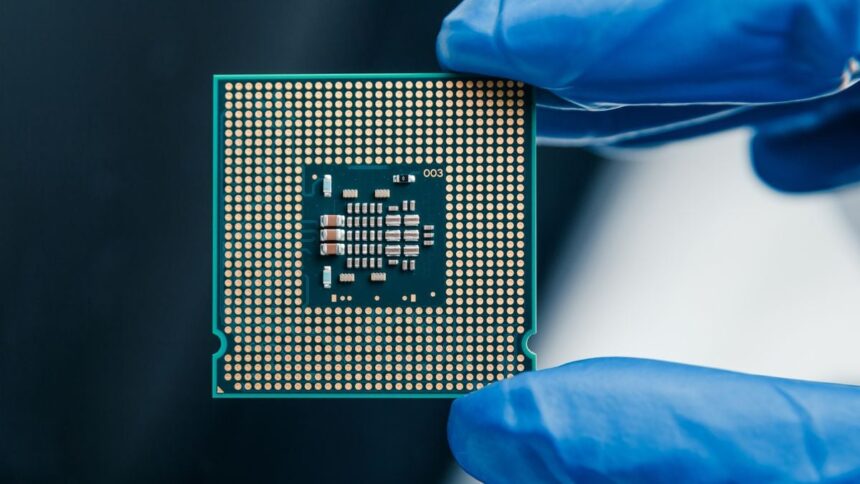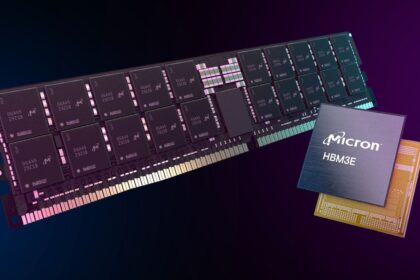South Korea’s ruling party has introduced a bill aimed at preparing the country for a potential “chip war” with the United States, a move designed to shield the economy from policies that might be implemented by Donald Trump if he returns to office next year.
The proposed legislation would offer significant support to South Korean semiconductor manufacturers, including Samsung. The plan includes government subsidies and an exemption from South Korea’s current working hours limit, which is capped at 52 hours per week.
President Yoon Suk Yeol’s party put forth the bill on Monday (11), following weeks of warnings from the president about potential economic threats from the next U.S. administration. Yoon expressed concerns over Trump’s possible plans to increase tariffs on semiconductors imported from China. Such a move could prompt China to lower its export prices, creating a competitive disadvantage for South Korean chipmakers operating overseas.
Parliament member Lee Chul-gyu, representing the ruling party, believes that the proposal could strengthen South Korean companies against rivals from nearby countries, including Taiwan — home to TSMC, the world’s largest chip manufacturer — as well as China, Japan, and the United States.
However, the bill may face significant challenges in parliament, where the opposition party holds the majority. Critics are concerned that relaxing the working hours limit for semiconductor R&D employees could lead to longer workweeks, undermining the existing labor protections.
Additionally, Samsung’s labor union has voiced strong opposition to the proposal, arguing that it’s an attempt to shift blame for the company’s recent setbacks. Just last month, Samsung fell behind its key competitors — TSMC and SK Hynix — in the race to develop AI-focused chips, raising concerns about the company’s management strategy and its ability to keep pace in the fast-evolving semiconductor industry.











